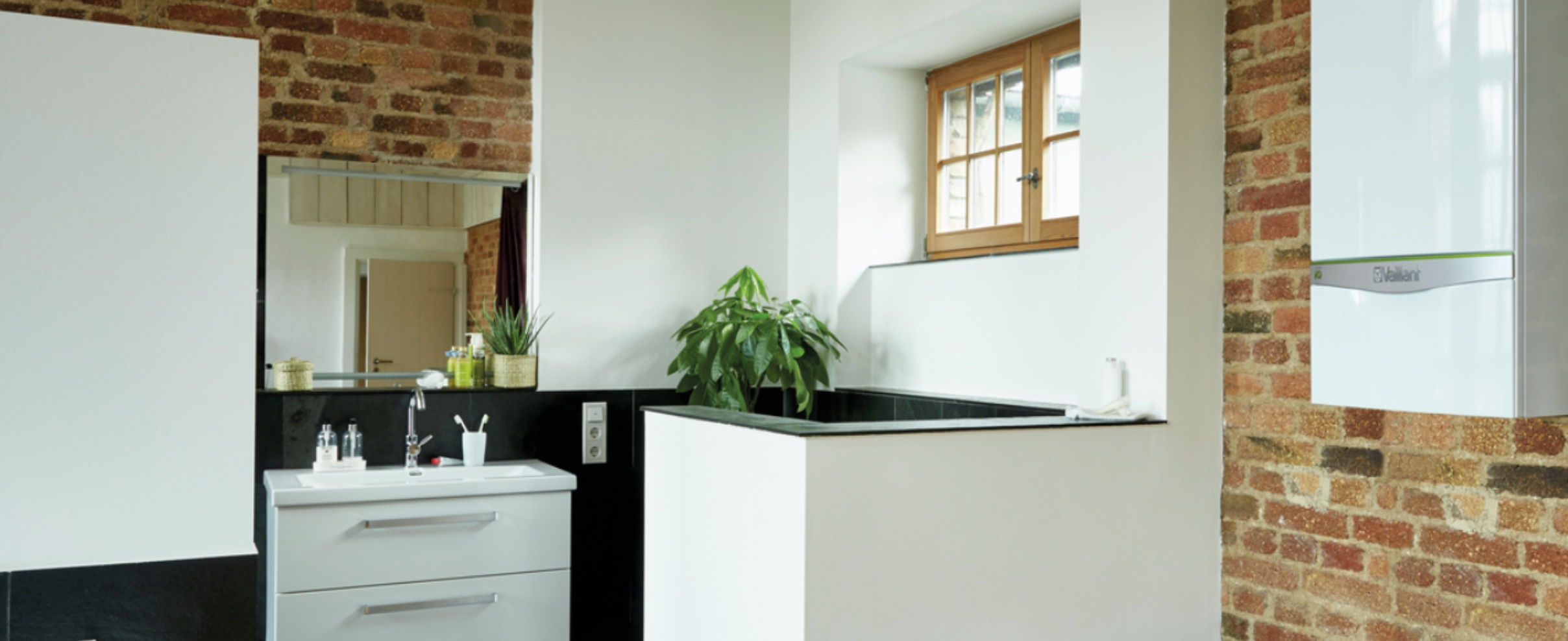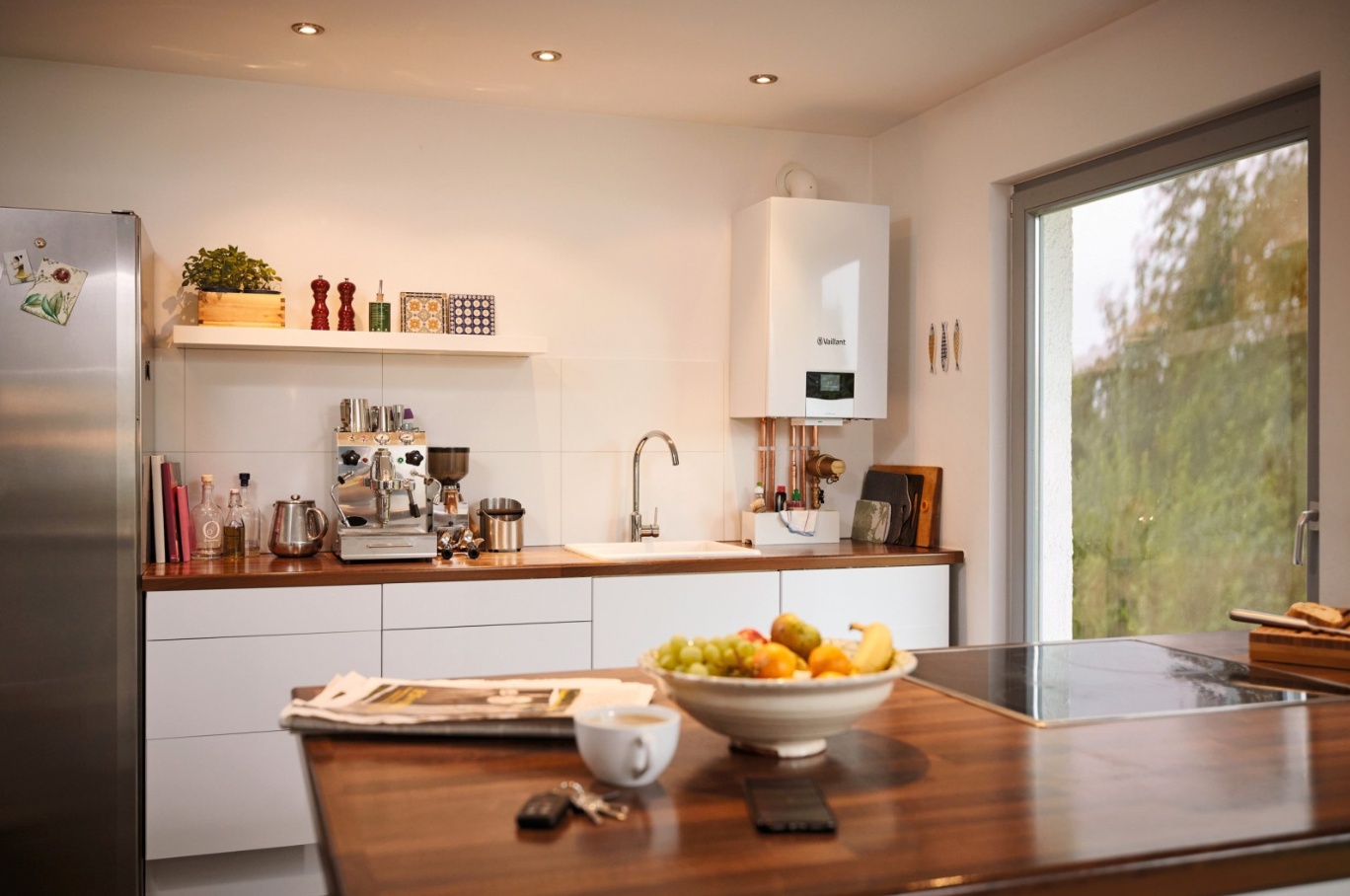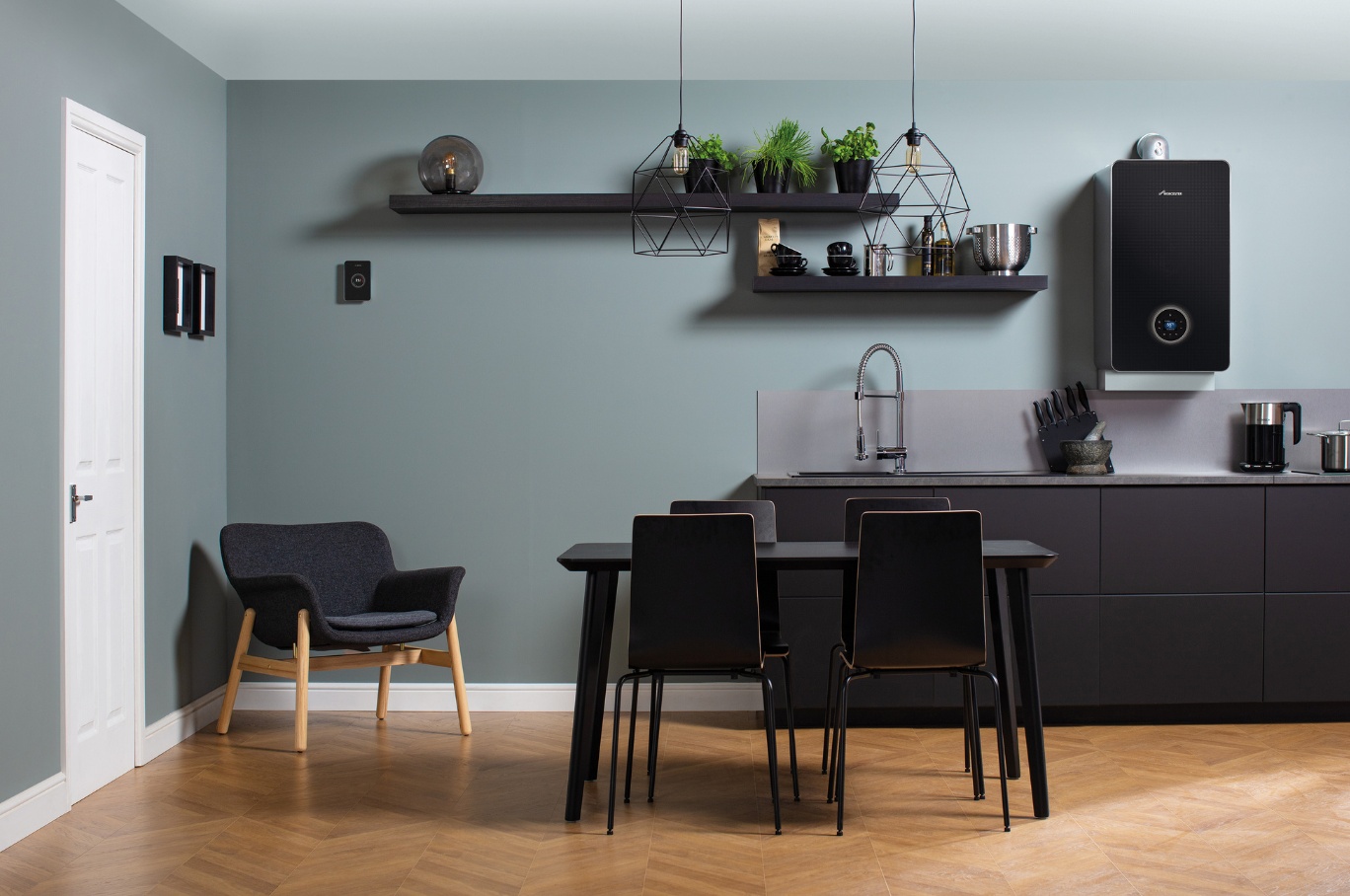
Choosing the Right Boiler for Your Home: Combi vs System vs Regular
Selecting the right boiler for your home is one of the most important decisions you'll make regarding your heating system. With three main types available—combination (combi), system, and regular (conventional) boilers—understanding their differences, advantages, and limitations is crucial for making an informed choice that suits your household's specific needs and circumstances.
Understanding the Three Main Boiler Types
Each boiler type operates differently and serves distinct household requirements. The choice between them depends on factors including property size, hot water demand, existing infrastructure, and budget considerations. Making the right decision ensures optimal comfort, efficiency, and value for money over the boiler's lifespan.
Combination (Combi) Boilers: Compact and Convenient
Combination boilers are the most popular choice in the UK, accounting for the majority of new installations. These units combine central heating and hot water provision in a single, compact appliance that connects directly to the mains water supply.
Combi boilers heat water on demand, meaning you get hot water instantly whenever you turn on a tap or shower. This eliminates the need for a separate hot water cylinder or cold water storage tank, freeing up valuable space in your home.
The main advantages of combi boilers include their space-saving design, instant hot water delivery, excellent efficiency ratings, and lower installation costs due to simplified pipework requirements. They're particularly well-suited to smaller homes, flats, and properties where space is at a premium.
However, combi boilers have limitations that make them unsuitable for some households. Water pressure can drop significantly when multiple outlets are used simultaneously, making them less ideal for homes with multiple bathrooms or large families. They also struggle to provide adequate flow rates for power showers and cannot be used with pumped shower systems.
System Boilers: Balanced Performance
System boilers incorporate many components within the unit itself, including the expansion vessel and circulation pump, but require a separate hot water cylinder. They connect directly to the mains water supply, eliminating the need for a cold water storage tank in the loft.
The hot water cylinder stores heated water, ensuring good pressure and flow rates to multiple outlets simultaneously. This makes system boilers excellent for homes with multiple bathrooms or high hot water demand.
System boilers offer several advantages, including reliable hot water supply to multiple outlets, compatibility with solar thermal systems, faster installation than regular boilers due to fewer external components, and excellent performance for larger households.
The main disadvantages include requiring space for a hot water cylinder, higher installation costs than combi boilers, and some heat loss from the stored hot water. However, modern cylinders are extremely well-insulated, minimising heat loss significantly.
Regular (Conventional) Boilers: Traditional Reliability
Regular boilers, also known as conventional, traditional, or heat-only boilers, represent the oldest boiler technology still widely used today. These systems require both a hot water cylinder and a cold water storage tank, typically located in the loft space.
The cold water tank feeds the hot water cylinder and heating system, while the boiler heats water that circulates through radiators and heats the water in the cylinder via a coil system.
Regular boilers excel in properties with traditional heating systems, older radiator networks, and homes where water pressure from the mains is poor. They're also ideal for very large properties with multiple bathrooms and high simultaneous hot water demand.
The advantages include excellent performance with multiple outlets, compatibility with existing traditional systems, ability to work with low mains pressure, and suitability for pumped shower systems and power showers.
Disadvantages include requiring significant space for both cylinder and tank, more complex installation requiring additional pipework, higher installation costs, and the risk of freezing in loft-mounted tanks during severe weather.
Factors to Consider When Choosing
Property Size and Layout
Smaller properties typically benefit from combi boilers due to their compact size and simplified installation. Larger homes with multiple bathrooms often require the superior flow rates that system or regular boilers provide through stored hot water systems.
Consider the number of bathrooms, en-suites, and kitchen areas that will require hot water simultaneously. Properties with three or more bathrooms generally perform better with system or regular boilers.
Hot Water Usage Patterns
Analyse your household's hot water consumption patterns. If family members shower or bath at similar times, or if you frequently run multiple hot water outlets simultaneously, stored hot water systems offer significant advantages.
Households with staggered hot water usage throughout the day may find combi boilers perfectly adequate, particularly if maximum convenience and space-saving are priorities.
Existing Infrastructure
Consider your current heating system setup. Properties already equipped with hot water cylinders and appropriate pipework may find system or regular boiler replacement more straightforward and cost-effective.
Homes converting from old back boilers or solid fuel systems might benefit from the simplified installation that combi boilers offer, potentially reducing conversion costs significantly.
Water Pressure Considerations
Mains water pressure significantly affects boiler performance, particularly for combi units. Properties with poor mains pressure may struggle with combi boilers, making system or regular boilers more suitable choices.
Ask your installer to test mains pressure before making final decisions. Low pressure can often be improved, but this adds to installation costs and complexity.
Future Requirements
Consider potential future changes to your property or household. Planning extensions, additional bathrooms, or growing families might influence your boiler choice significantly.
System boilers offer good flexibility for future modifications, while regular boilers provide maximum capacity for large-scale expansions.
Efficiency and Running Costs
Modern boilers of all types achieve excellent efficiency ratings, typically exceeding 90% efficiency. The choice between boiler types rarely significantly affects running costs, though some differences exist.
Combi boilers can be slightly more efficient as they don't suffer heat loss from stored hot water. However, system and regular boilers with well-insulated cylinders show minimal heat loss and can benefit from off-peak heating tariffs.
Consider your household's energy usage patterns when evaluating running costs. Homes with predictable hot water usage may benefit from timed heating systems that system and regular boilers facilitate.
Installation Considerations and Costs
Installation complexity and costs vary significantly between boiler types. Combi boilers typically offer the most straightforward installation, particularly in properties without existing hot water cylinders.
System boilers require cylinder installation or replacement but avoid the complexity of loft tanks. Regular boilers involve the most complex installation, particularly if tanks and cylinders need replacing.
Factor in any necessary upgrades to pipework, electrical systems, or gas supplies when comparing total installation costs. These additional works can significantly affect the total project cost.
Making Your Decision
Choosing the right boiler requires balancing multiple factors specific to your circumstances. Consider engaging with experienced heating engineers who can assess your property and requirements comprehensively.
At Top Notch Heating Ltd, we work with all major boiler manufacturers including Vaillant, Baxi, Worcester Bosch, and Ideal Heating. Our accreditations with these manufacturers enable us to offer extended warranties, providing additional value and peace of mind with your investment.
Our experienced engineers can assess your property, discuss your requirements, and recommend the most suitable boiler type for your specific circumstances. We cover Maidenhead, Reading, Henley, Marlow, Slough, and surrounding areas within a 20-30 mile radius.
Warranty and Manufacturer Considerations
Different manufacturers excel with different boiler types, and warranty terms can vary significantly. Our manufacturer accreditations allow us to offer 10-year warranties on Vaillant, Baxi, and Worcester Bosch boilers when installed by our qualified engineers.
Consider long-term support and parts availability when choosing boiler brands. Established manufacturers with strong UK presence typically offer better long-term support and parts availability.
Conclusion
The choice between combi, system, and regular boilers depends on your specific circumstances rather than one type being universally superior. Combi boilers suit smaller properties prioritising space and convenience, system boilers offer balanced performance for medium to large homes, and regular boilers provide maximum capacity for large properties with high demand.
Take time to assess your requirements thoroughly, consider future needs, and consult with experienced professionals who can provide tailored recommendations based on your specific situation.
Top Notch Heating Ltd provides expert boiler installation services throughout Maidenhead and surrounding areas. Our Gas Safe registered engineers work with all major boiler brands and hold manufacturer accreditations offering extended warranties. With over 20 years of experience, we help homeowners choose and install the perfect boiler for their needs. Contact us today for professional advice and installation services.
.svg)
.svg)




